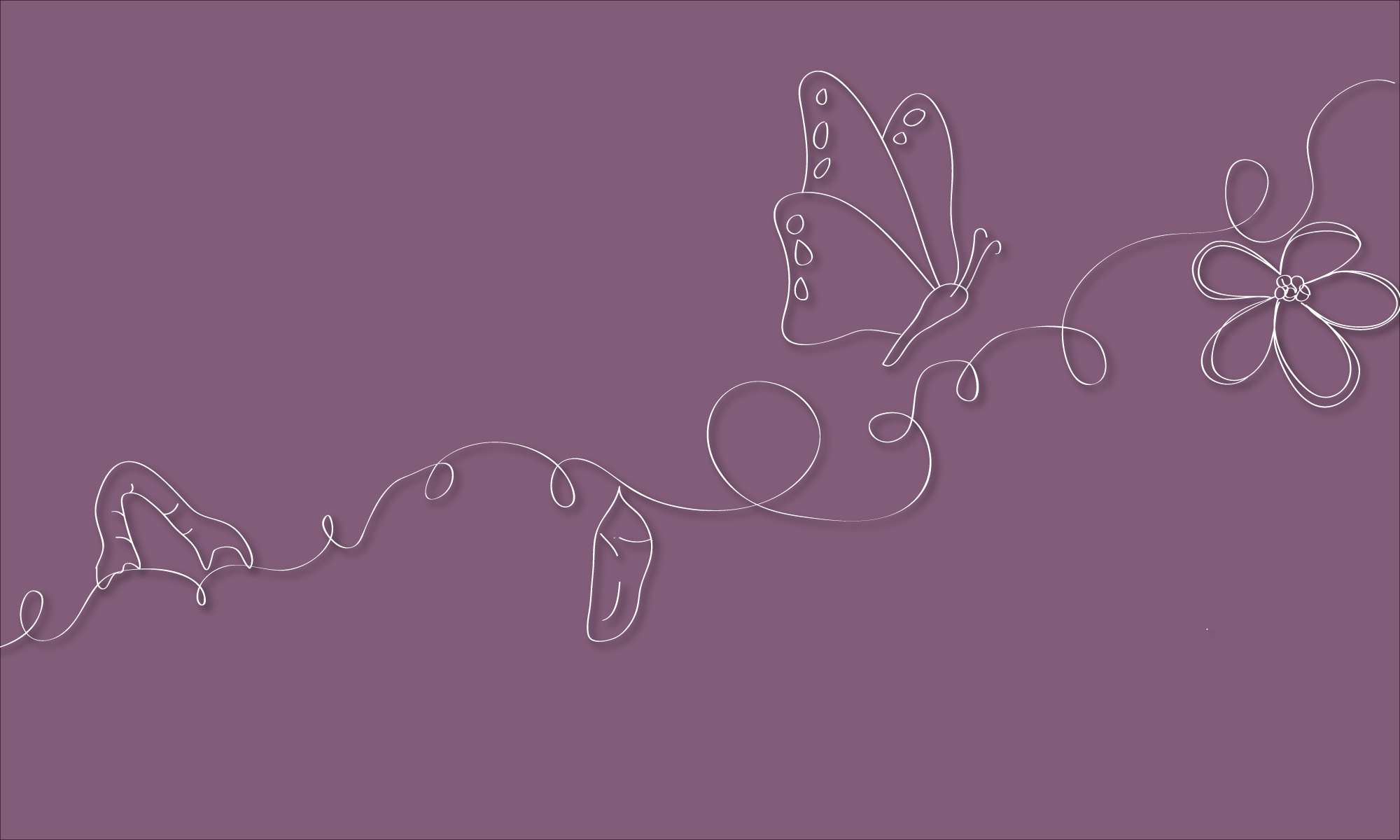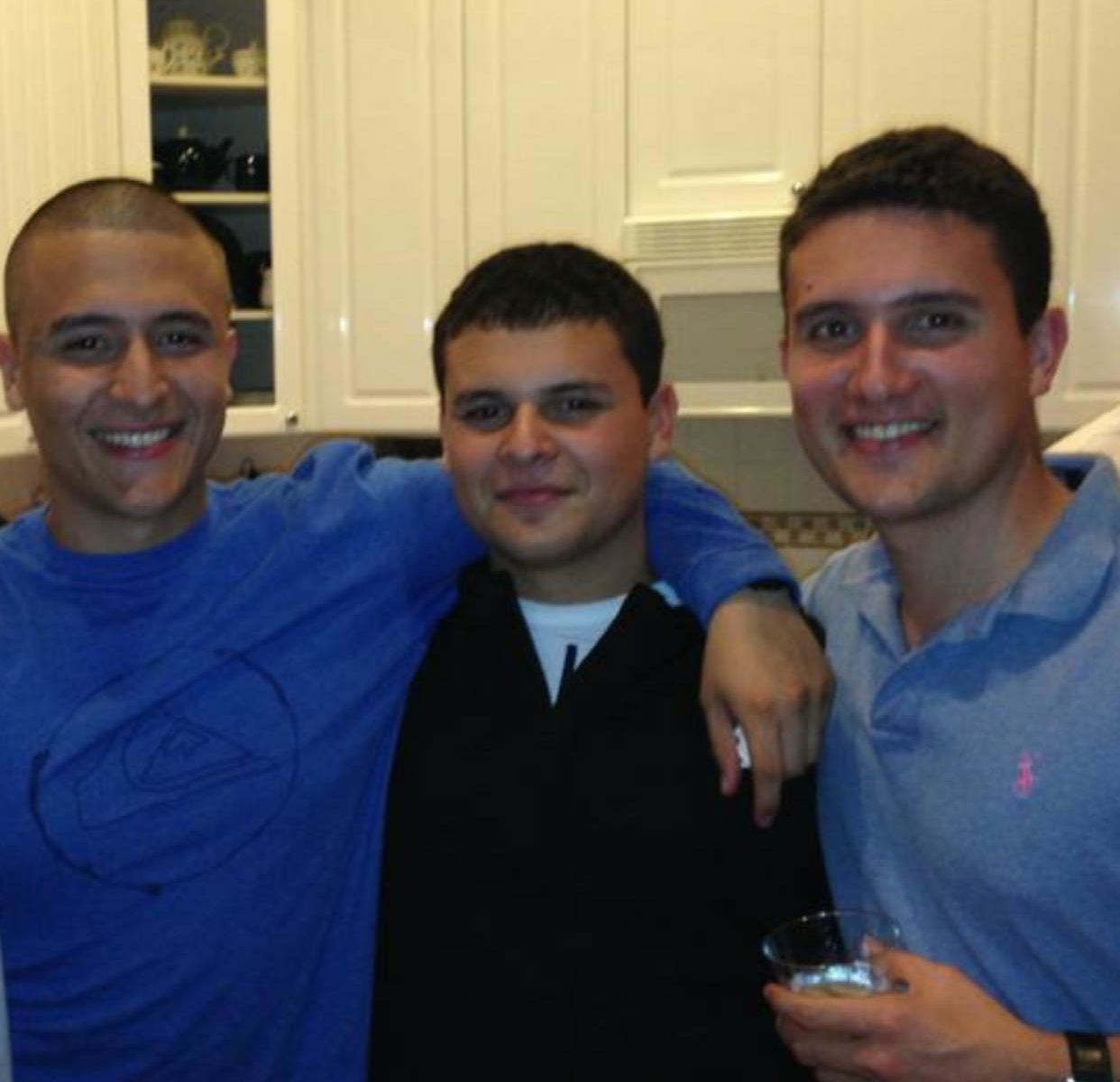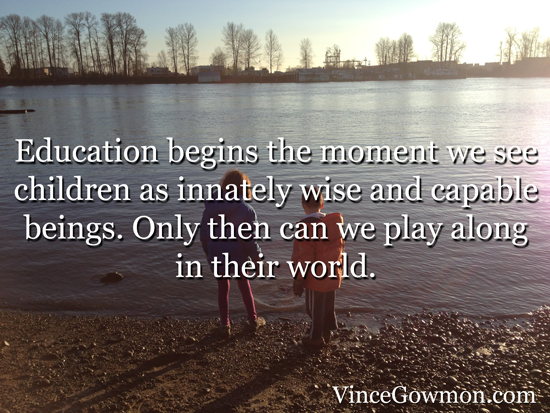I didn’t have much guidance when I became a parent.
I had my parent’s example and I am grateful, but I would have liked to know more of what was involved. I was not ready physically, mentally, emotionally or espiritually, and neither was my partner. We did the best we could with what we knew. My kids picked up so much on their own, and grew up to be independent beautiful beings, and I am grateful for that.
As a teacher and a yogi, I’ve learned a thing or two that I would have liked to implement when they were young. I would have liked to guide them earlier and deeper in some areas in order to prepare them for life.
1. One with all- The understanding that my actions affect others as well as myself- My thoughts, words and actions are powerful energies that can hurt or heal others and myself. A repeated thought can make me sick and can make someone else sick.
2. I am more than my mind- My thoughts should not be in charge of my life. I, as the observer, can make the decision to align my thoughts, my words and my actions. My thoughts cause my anxiety or my sadness. When emotions arise, I can make proactive decisions on how to deal with them. The mind can be trained.
3. Gratitude- So many of us have been taught to focus on what we don’t have. To make the shift to be grateful for my life, for opportunities, for possibilities, for what I am and what I have, brings peace.
4. Letting-go- Living and loving without harmful attachments has been the subject of many lessons in my life. It’s much easier to let go when you love freely and without conditions.
5. Putting my mask on first- if we don’t put our mask on first before our child, not my child or I may survive a plane emergency. The same goes for life. The parent needs to eat, sleep, exercise, rest, and have opportunities for laughter and creativity to have the energy to be a caregiver.
6. Going in- understanding the importance to getting to know myself, to accept myself, and to love myself just because I am. Only when we are here, can we love others freely. We need to stand strong before partnering with others.
7. Living a purposeful life- One where we are at peace with ourselves, one that helps us grow in all areas of our life, and one that makes a difference in others.
8. Living a life by design- Understanding that we are not the stories we live. That we can learn from them and move on. And understanding that I can cocreate experiences in my life to make me a better person and to enjoy life.
9. Disconnecting from the world-
Understanding that the world can be overwhelming and that’s important to rest the mind and the body daily. We are not Superman or superwoman.
10. Stop, analyze, and decide- we live in a fast world. It requires some planning, organizing, prioritizing, and making decisions. We need to make sure those decisions are good for us in a week, in a year or in 5 years.
Unfortunately, there is no school in our society that helps us become capable parents. We can at least grow and change with our lessons in life, and hopefully, that will help our grown children or others around us.






